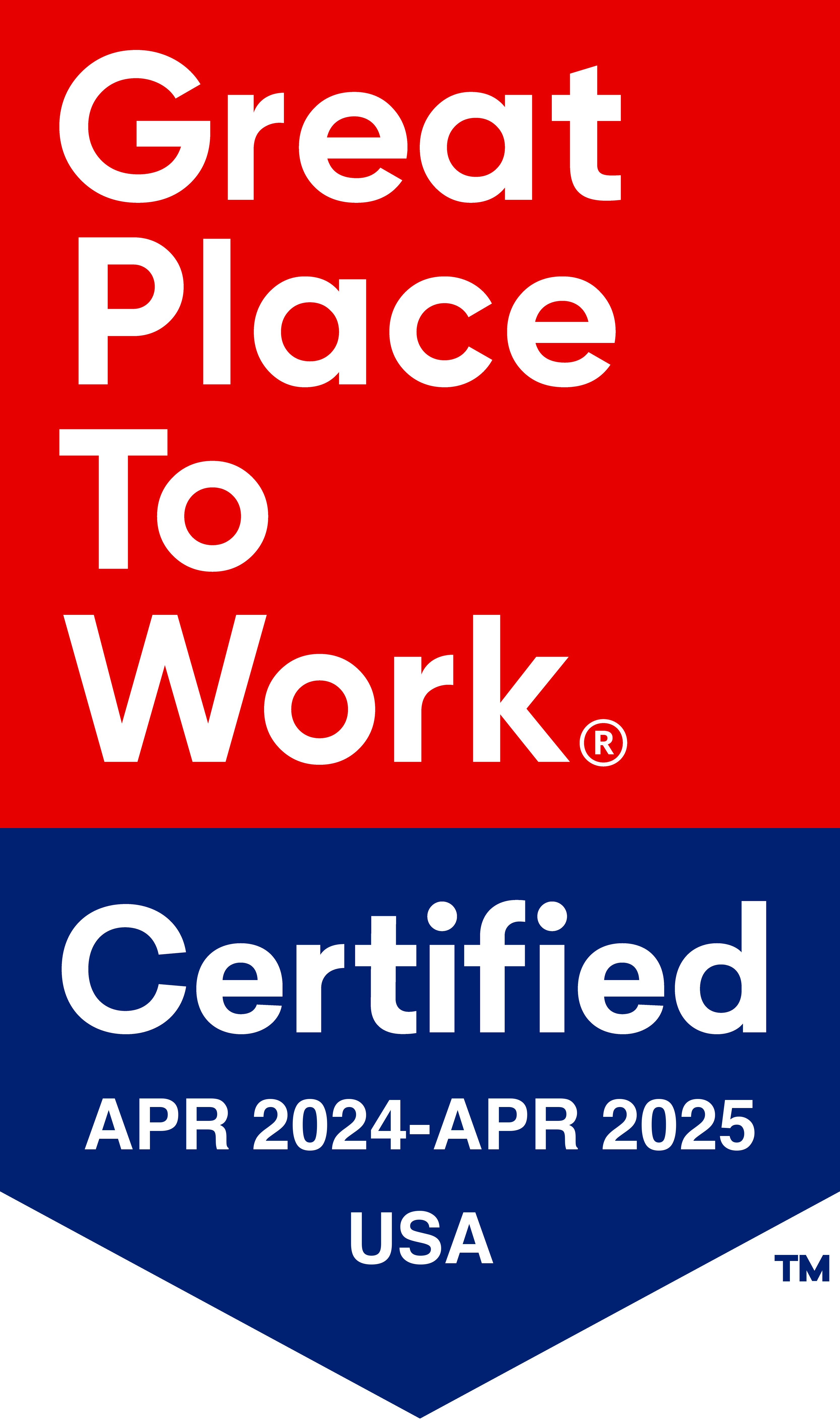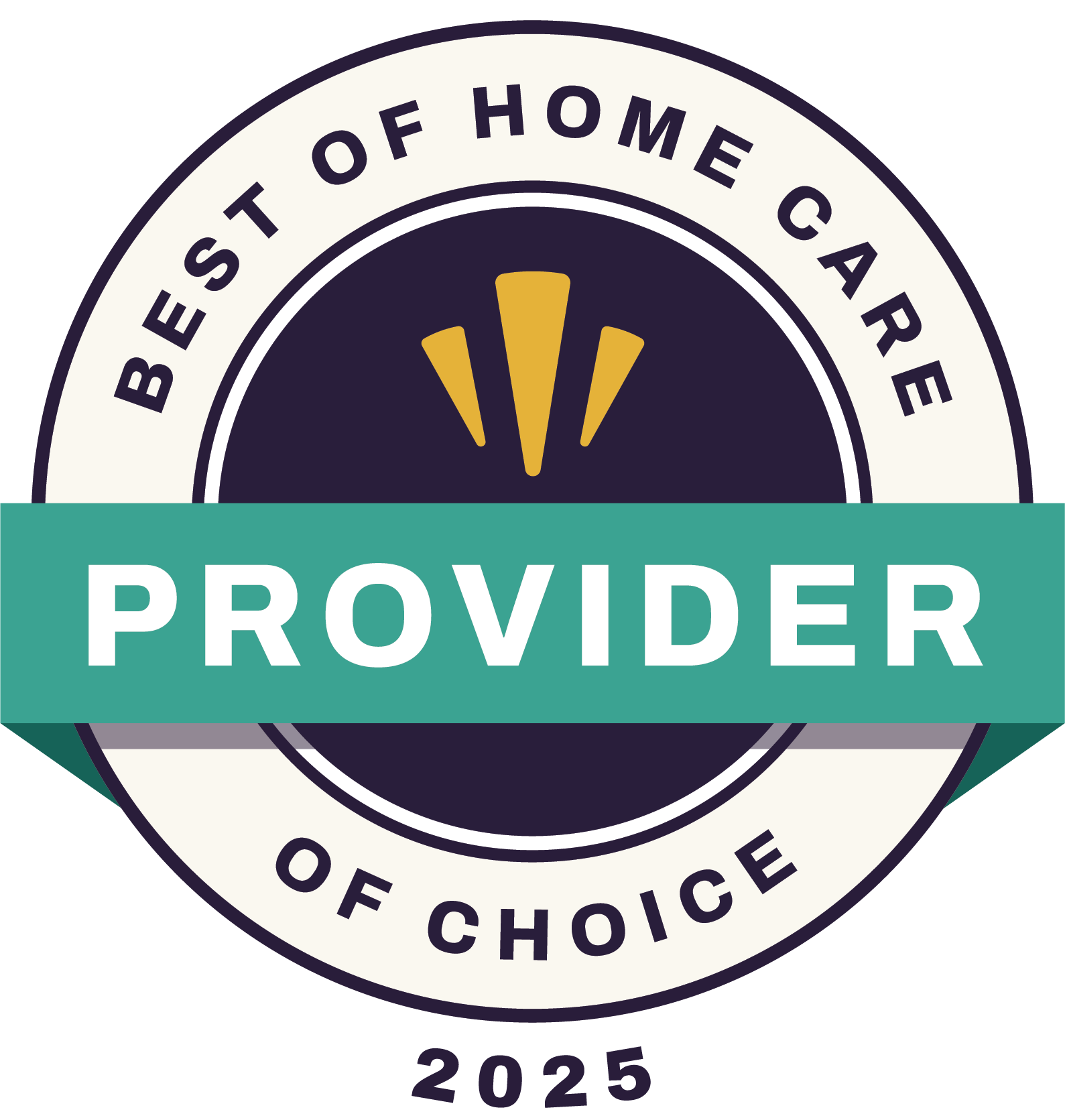Stroke Awareness Month - Preventing and Recovering from Stroke
May is National Stroke Awareness Month. This is a time to raise awareness about its dangers and educate the public on prevention and recovery strategies.
Stroke Awareness Month is crucial for seniors and caregivers alike. It empowers them with the knowledge needed to maintain their health or provide better care for those recovering from a stroke.
The Importance of Educating Yourself on Stroke Symptoms
Recognizing stroke symptoms early can make all the difference in ensuring prompt treatment and minimizing the potential for long-term damage.
A prevalent symptom of a stroke is the abrupt onset of numbness or weakness in the face, arm, or leg, typically affecting one side of the body. In certain instances, a person might encounter a sudden onset of confusion, difficulty in speaking, or challenges in comprehending speech.
Vision and Mobility Issues
Another symptom to look out for is sudden trouble seeing in one or both eyes. This can be accompanied by sudden trouble walking, dizziness, or loss of balance or coordination. Additionally, a sudden severe headache with no known cause could indicate a stroke.
The Importance of Swift Action
With the help of Stroke Awareness Month and familiarizing yourself with these symptoms, you can take swift action if you or someone you know experiences a stroke. Acting quickly is also crucial to ensure the individual receives the appropriate treatment. This can significantly improve their chances of recovery and minimize any long-term damage.
What Causes a Stroke and What to Do About It?
A stroke transpires when blood flow to a section of the brain is obstructed or diminished, causing the brain tissue to be deprived of essential oxygen and nutrients. It can be due to a clot blocking the blood flow (ischemic stroke) or a blood vessel rupturing and bleeding into the surrounding brain tissue (hemorrhagic stroke). A transient ischemic attack (TIA) or "mini-stroke" is a temporary disruption of blood flow to the brain that typically resolves on its own.
The Critical Response to a Stroke
If you suspect someone is having a stroke, call 911 immediately. The sooner treatment begins, the better the chances of a full recovery. Rapid response is also essential to minimize the potential for long-term damage and improve the person's chances of regaining their independence and quality of life.
The Role of Medical Professionals
Healthcare professionals will work quickly to determine the type and cause of the stroke. They will then administer appropriate treatments, such as clot-busting medications for ischemic strokes or surgical interventions for hemorrhagic strokes. Early intervention can significantly impact the patient's prognosis and recovery process.
Supporting Stroke Recovery
The recovery process following a stroke can be challenging. It may also require ongoing support from medical professionals, caregivers, and loved ones. Stroke rehabilitation may involve physical, occupational, as well as speech therapy to help the individual regain lost skills and abilities. By understanding the causes of strokes and the steps to take in case of an emergency, you can play an essential role in helping someone you care about on their journey to recovery.
Ways to Prevent a Stroke
There are several strategies you can employ to reduce your risk of stroke, including:
- Maintain a healthy diet. A balanced diet rich in fruits, vegetables, whole grains, lean proteins, and low in saturated fats can help lower cholesterol and blood pressure levels.
- Stay active. Participate in regular physical exercise to sustain a healthy body weight and minimize the likelihood of acquiring chronic health issues.
- Quit smoking. Smoking heightens the risk of stroke by harming blood vessels and elevating blood pressure.
- Limit alcohol consumption. Consuming excessive alcohol can raise blood pressure and contribute to stroke risk.
- Manage medical conditions. Keep conditions like high blood pressure, high cholesterol, and diabetes well-managed with the help of your healthcare provider.
Elite Home Health Care's qualified caregivers specialize in offering individualized care for people recovering from a stroke.
They are well-versed in the distinct challenges faced by stroke survivors and are dedicated to assisting clients in regaining their independence and enhancing their overall well-being.
Make Stroke Awareness a Priority
National Stroke Awareness Month is the perfect opportunity to learn more about stroke prevention, recognize its symptoms, as well as support those recovering from this life-altering event. Reach out to Elite Home Health Care and discover how our compassionate and quality caregivers can help you or your loved one on the road to recovery.
For more information on the wide range of services we provide, explore our website or delve into our educational blog.
Written by: Leah Ganz
Leah Ganz, RN, BSN is the Director of Patient Services at Elite Home Health Care. She has an extensive background in homecare and previously worked in various specialties including pediatrics, pain management and internal medicine. She oversees all patient services across Elite's departments.



